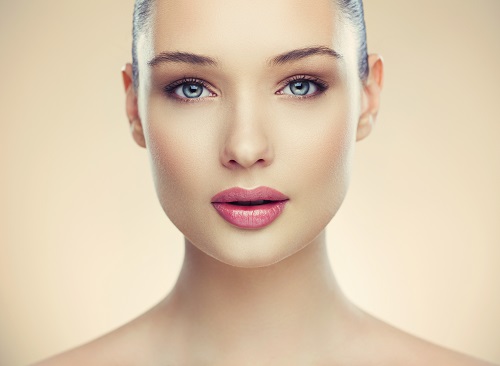Your cart is currently empty!

Digital Marketing for Beauty Products
Beauty products face some challenges when it comes to online marketing:
- Women want to try on beauty products, and many prefer to have personal service when choosing make up and skincare.
- Marketing for beauty products often relies heavily on the multisensory experience.
- The sheer quantity of information, from YouTube beauty gurus and beauty bloggers to national magazine’s digital editions and powerhouse beauty product companies, makes it hard for a smaller company to stand out.
There are also some great advantages to online marketing for beauty products:
- Consumers spend one third to nearly one half of their beauty product dollars online, according to a study by A.T. Kearney. Even those who like personal service will go online for repeat purchases.
- 73% of consumers surveyed by PricewaterhouseCoopers LLP said that they go online for information about beauty products — just slightly less than book and music buyers, and an increase of ten percentage points since a similar study in 2007. This demonstrates that consumers are quickly overcoming the feeling that they need to experience beauty products in person.
- Beauty is a hugely popular topic in social media, with Pinterest and YouTube leading the pack. Fans of skincare, hair, and makeup products share tips, review products, and post pictures of themselves using the products.
Since consumers browse beauty products online and look for information about specific brands and specific products as well as answers to beauty questions, HBC manufacturers have an excellent opportunity to catch their attention and meet their needs. Lush photos, inside information, and a friendly tone can build that all-important core of loyal customers.
A strong social following and good online content can be persuasive when a smaller company is trying to develop a vendor relationship with online powerhouses like Sephora and Amazon (together, these two companies are responsible for almost half of all online sales of beauty products) or with brick and mortar retailers. But a great website and online presence can also make the most sense for small, artisan beauty companies.
The cost of opening a retail store can be a barrier to entry for a small company, but an ecommerce store with an upscale look can be very affordable, and digital marketing can drive sales through salons and specialty stores — including boutiques without their own websites. The internet can level the playing field for smaller companies.
What are the keys to online marketing success for beauty brands?
- Make it visually appealing. Great packaging and great photos are essential for beauty product marketing, and a beautiful website is de rigeur. Pinnable pictures, videos, and visually arresting blog illustrations are a must. Since search engines get less information from visual elements than from text, you need some skill to make sure your visuals help consumers find your content.
- Talk to consumers and to search engines. Since women search for terms like “makeup tutorials,” “skincare reviews,” and “makeup tips” (trending terms, according to Google) but thrill to less utilitarian language in beauty product copy, you have to make sure that your online marketing balances SEO and compelling stories.
- Go for both quantity and quality. Beauty consumers like to see what’s new, and some look every day. A great daily blog and an active Pinterest or Facebook account can do wonders for a beauty company. But since there’s plenty of competition, you can’t expect to win with information that’s a general rehash of what others are saying. Plenty of fresh, unique content is key.
by
Tags:
Comments
2 responses to “Digital Marketing for Beauty Products”
Great article, thank you. Digital marketing for beauty products can be very overwhelming to start-ups, small, and larger brands. Content marketing is one of the key marketing components for a successful digital marketing campaigns. Content marketing consists of the creation, publication and distribution of images, articles, press releases, and videos. We have been working for over 10 years now with beauty brands, helping them grow and gain market share. Content marketing for digital marketing is still king.
Thank you for providing such a great informative post

Leave a Reply